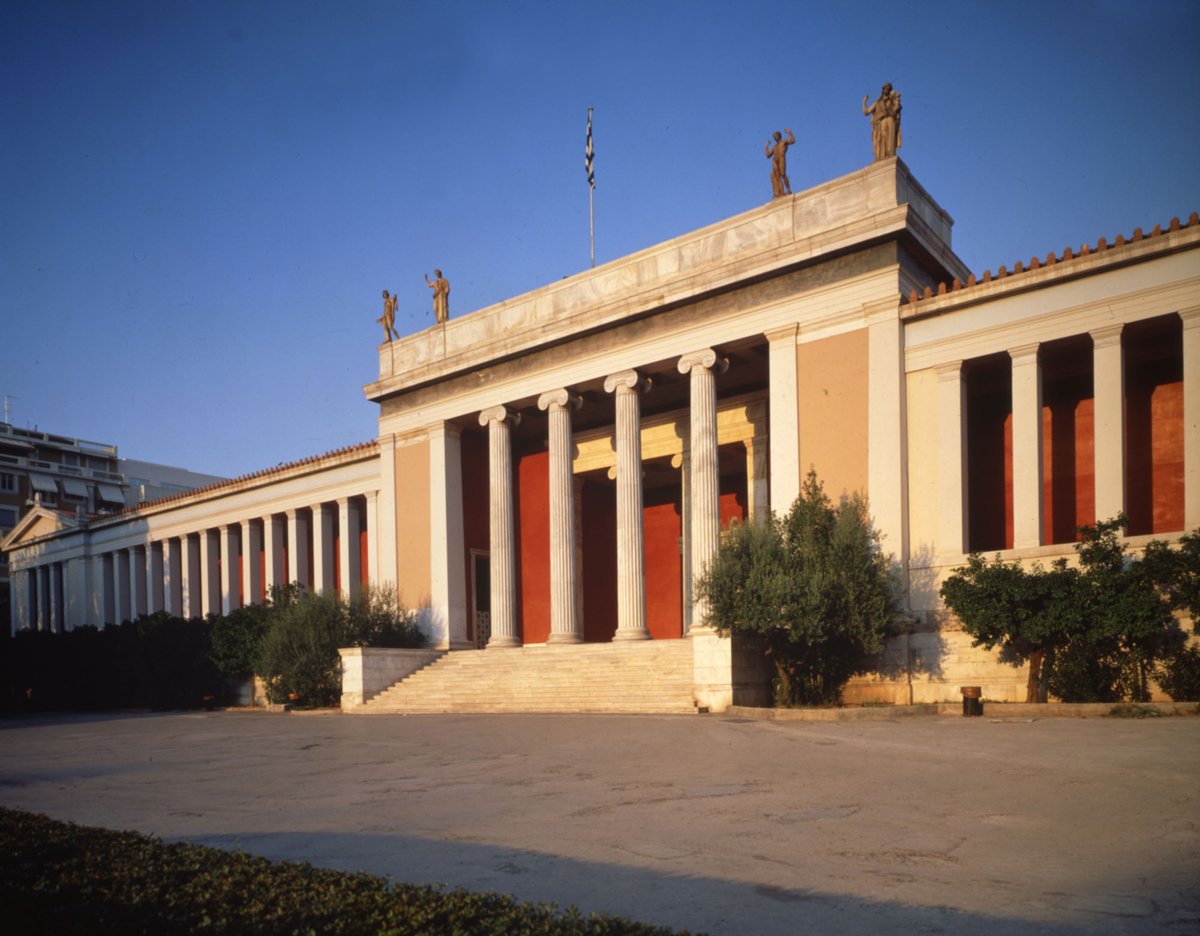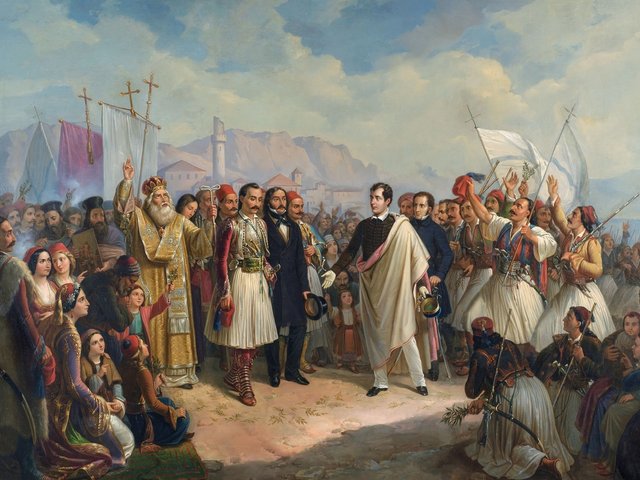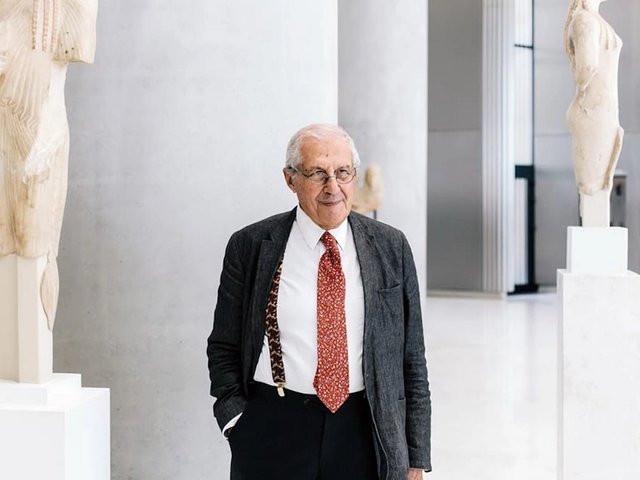Greece’s Ministry of Culture and Sports has proposed a new law that aims to loosen the state’s hold over the country’s five largest archaeological museums—a move that has sparked an outcry from museum staff and archaeologists.
Presented by culture minister Lina Mendoni on 22 December and due for a vote in Parliament later this month, the bill would convert the National Archaeological Museum and Byzantine and Christian Museum in Athens, the Archaeological Museum and the Museum of Byzantine Culture in Thessaloniki and the Archaeological Museum of Heraklion into “legal entities under public law” (NPDD), the same status held by the New Acropolis Museum since it opened in 2009.
The conversion is intended to offer the museums greater financial and administrative autonomy, reducing their state support and giving them new governing boards. Museums would need to balance their budgets by increasing self-generated income through private donations, sponsorship, ticketing and events. Whereas senior museum staff are currently appointed by officials from the state archaeological service, each new board will have a president and vice-president selected by an independent committee.
Addressing Parliament on 5 February, Mendoni said that “museums…need a coordinated effort of structural change, so that they can function [without] the suffocating administrative and economic framework of the hard-core state to which they now belong.” She has promised that no jobs will be lost in the shake-up.
However, the employees of all five institutions have publicly written to the Greek prime minister, Kyriakos Mitsotakis, to protest against the plan. In December, the Association of Greek Archaeologists (SEA) expressed its “absolute opposition” to the draft law, describing it as a “catastrophic policy that is preparing to cancel the public character of antiquities and museums” at a time when closed cultural sites are more dependent than ever on state funds.
Despina Koutsoumba, the president of the SEA, tells The Art Newspaper that the changes are “very dangerous” and threaten the integrity of museums. Archaeological museums have received private sponsorship in the past for specific projects, but Koutsoumba fears the increased control that wealthy donors and new board members could exert. “They are public museums, not museums of private companies,” she says. “The problem to us is not private funding—when we want private funding, we find it. We don’t want to depend on it.”
Koutsoumba also raises concerns for the survival of public services at the museums, such as free entry for students and educational events for children, as well as research and conservation activities. She criticises the more commercial model of the Acropolis Museum as being “only about tickets and restaurants”.
Currently, all archaeological museums and sites in Greece are run under one state umbrella, the Organisation for the Management and Development of Cultural Resources (ODAP), with funds raised by the larger institutions redistributed in support of sites across the country. Making the five largest museums independent from this system will cut off vital income for these smaller sites, Koutsoumba argues.
On 23 February, the SEA published a further appeal to prime minister Mitsotakis to halt the conversion, signed by 119 former employees of the Greek archaeological service, who served the culture ministry going back to the 1960s. Their letter denounces “archaeocapitalism” and refutes the idea that the five museums have “underperformed” under the present state structure. The signatories warn that the new law will stifle the “mobility of specialised scientific knowledge” within the archaeological service and will reduce the major antiquities museums to “art exhibition spaces as market products”. The transition from a system comprising “hundreds of specialised professionals of the ministry” to governance by individual boards “will be dictated by the criterion of one, that is the respective minister”, they continue.
According to the culture minister, a consultation on the introduction of the draft law will take into consideration “all comments and remarks from [museum] employees and trade unions and associations”. Yet Koutsoumba says there has been “no conversation at all”. Initial talks stalled after the pandemic hit last year, she says, adding that the SEA believed that: “no government would make such a law when the museums are closed”.
The Ministry of Culture and Sports could not be reached for comment at press time. It remains to be seen whether Mendoni's plan for museums will be affected by the mounting #MeToo scandal that has rocked the Greek arts and sports sectors in recent weeks, leading to calls for the culture minister's resignation. Mitsotakis has defended Mendoni against accusations from opposition politicians that his government covered up sex abuse allegations against the former National Theatre director, Dimitris Lignadis, whom she appointed in 2019. The Greek prime minister has pledged sweeping legal reforms to toughen penalties for sex offences and support victims of abuse.




